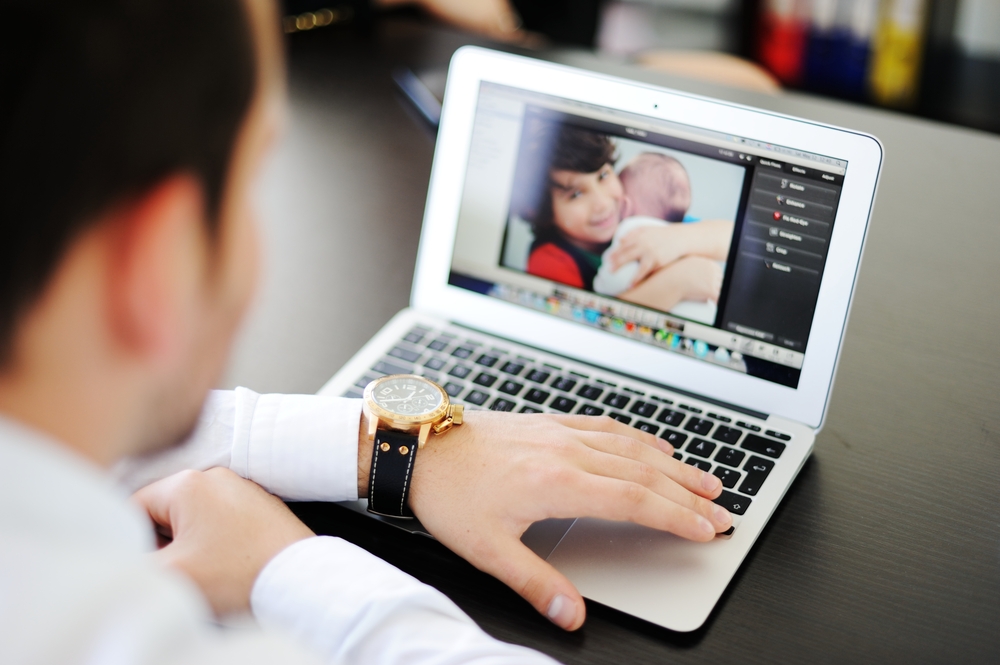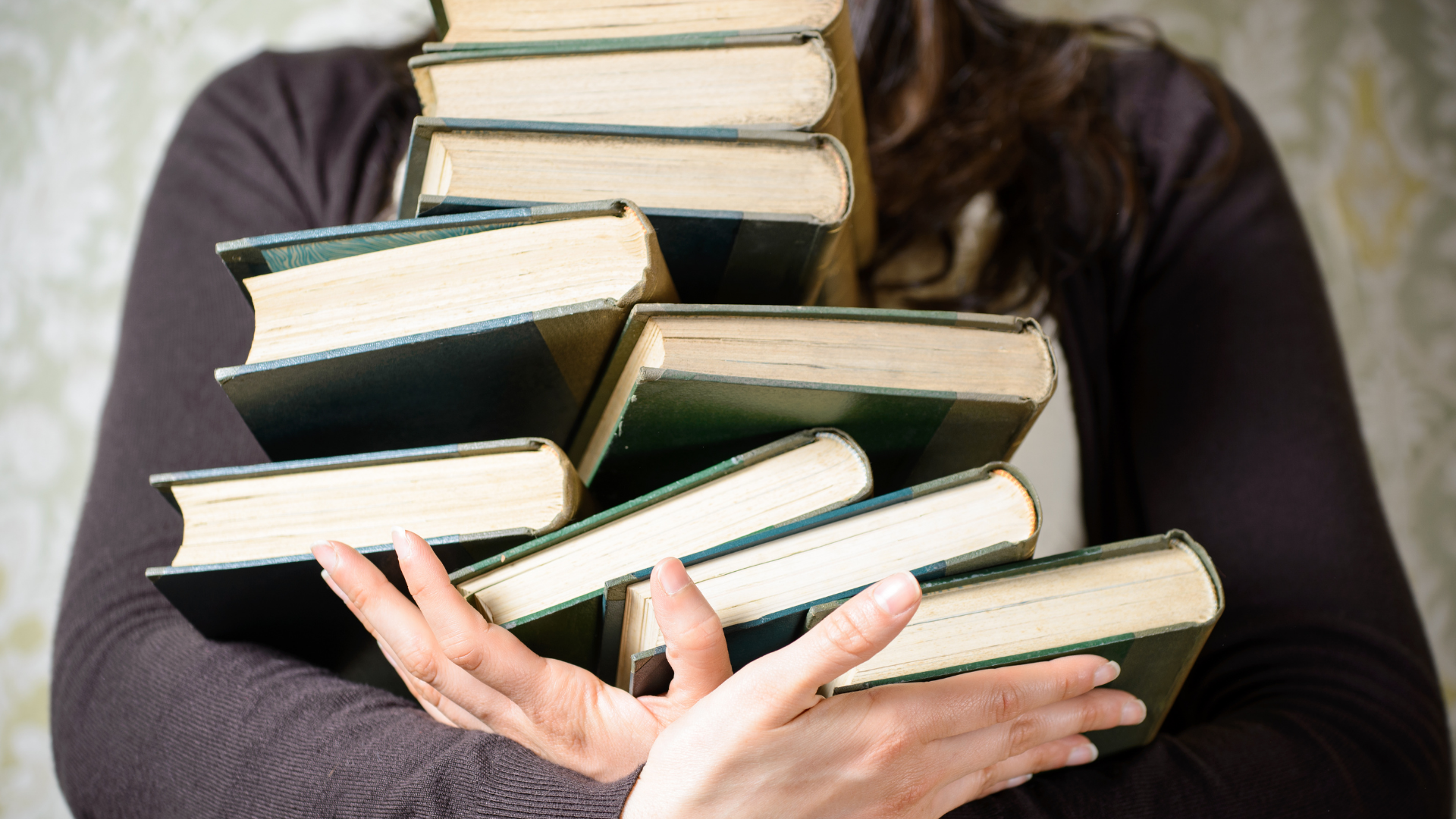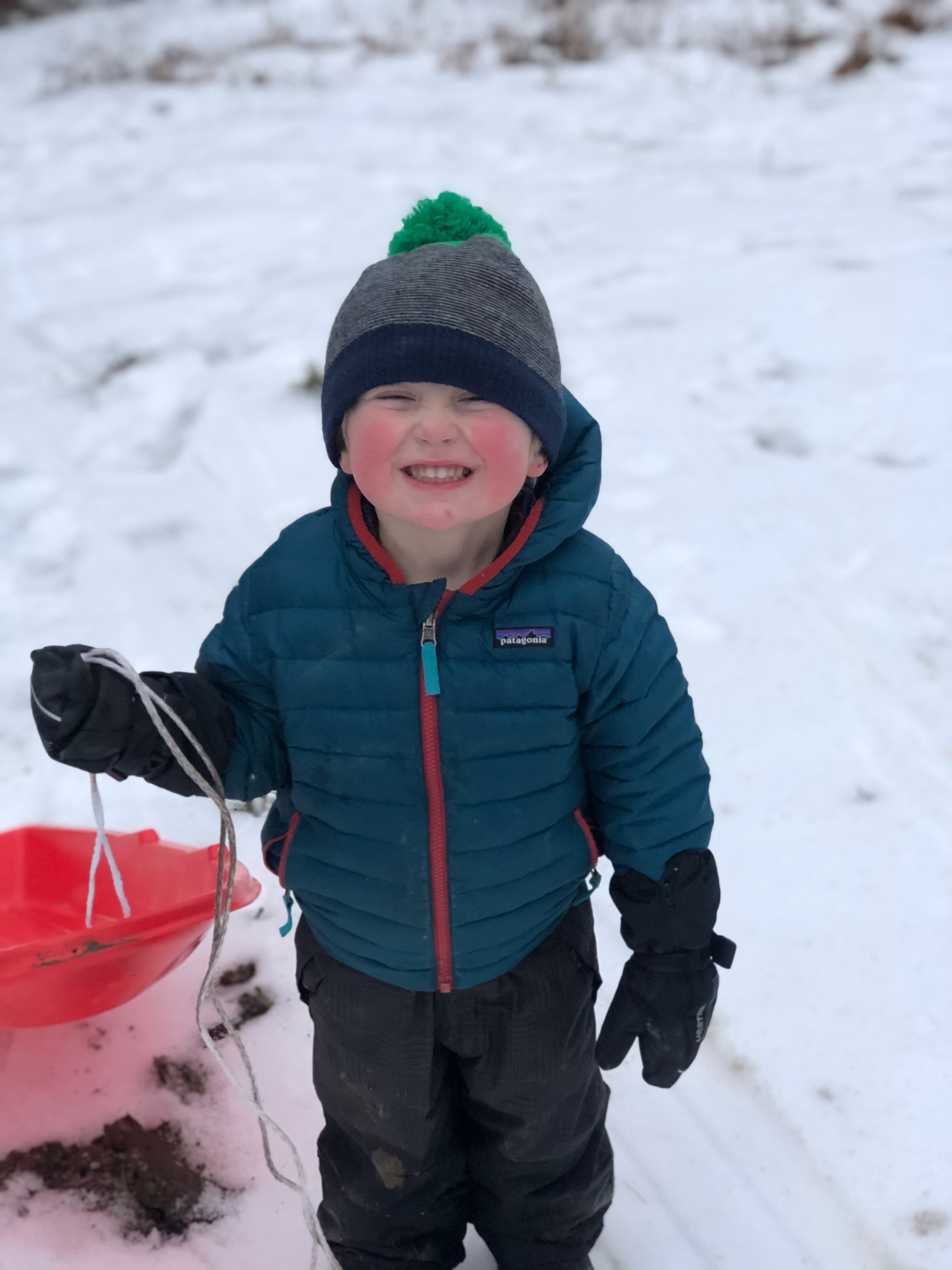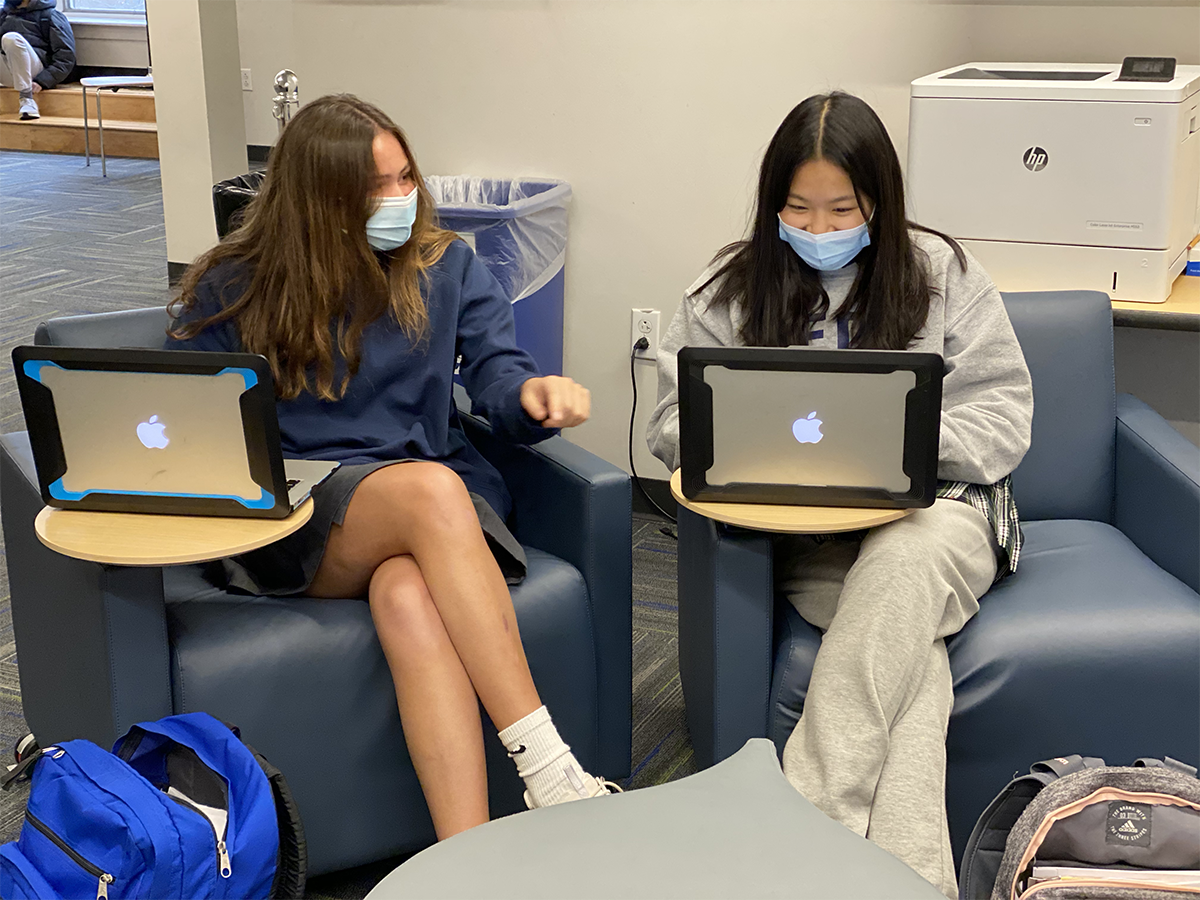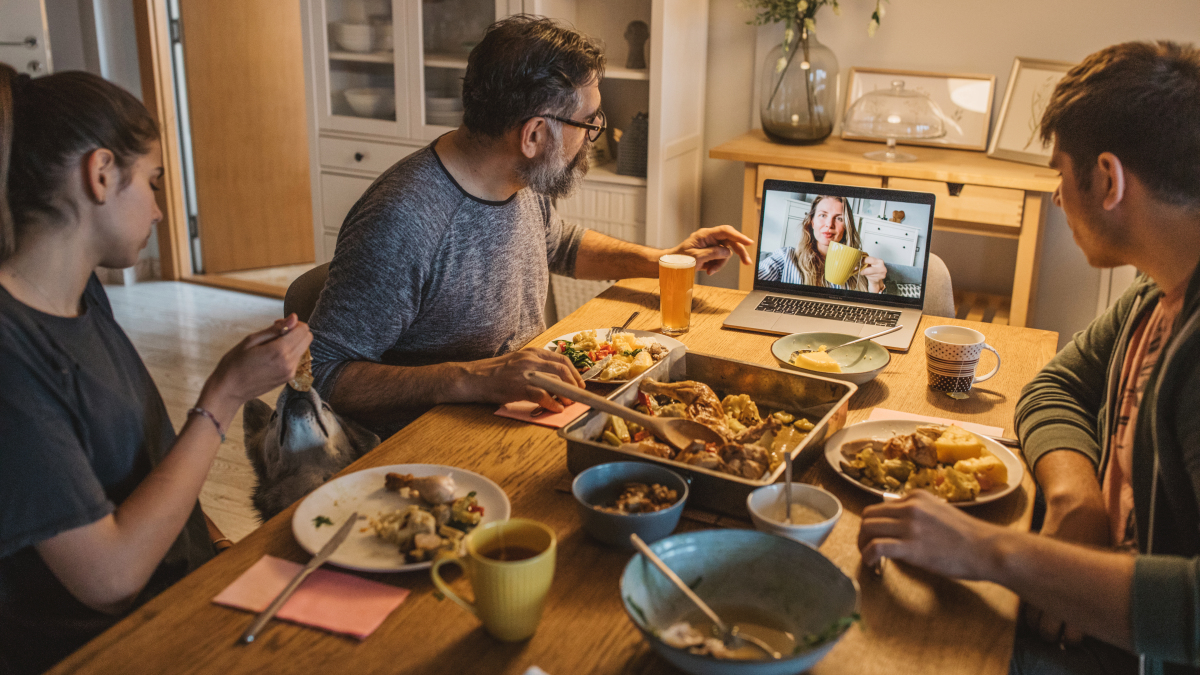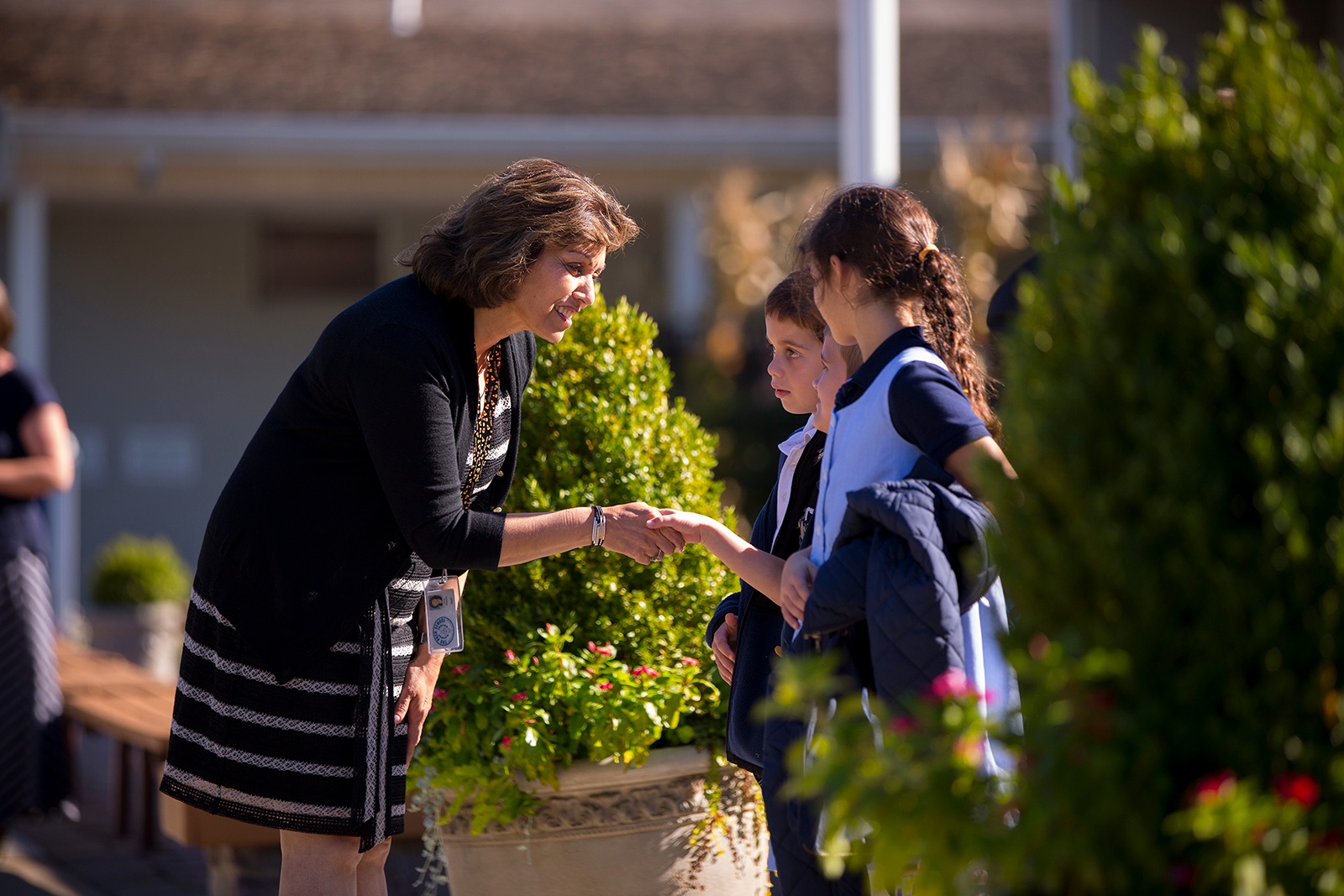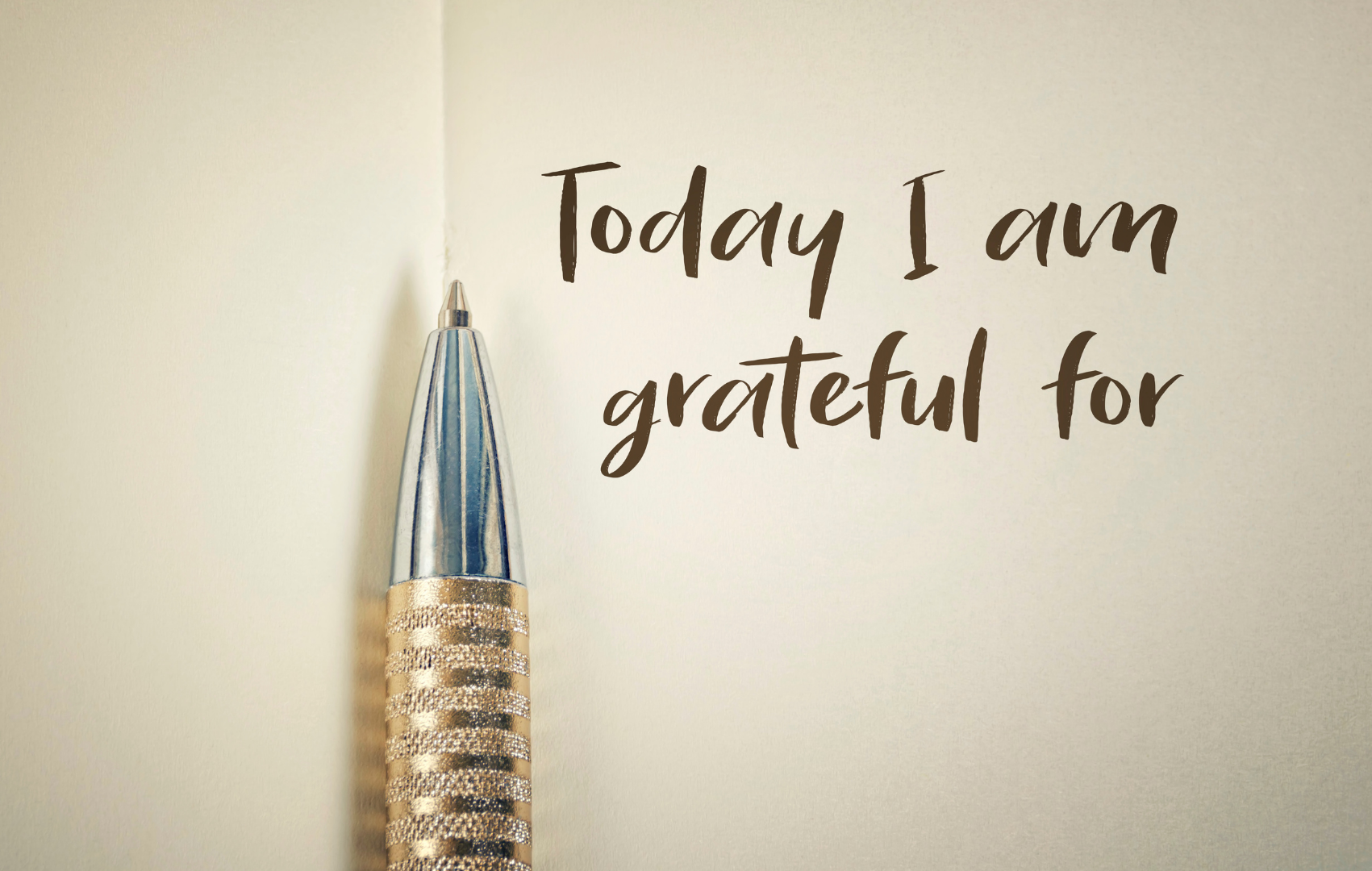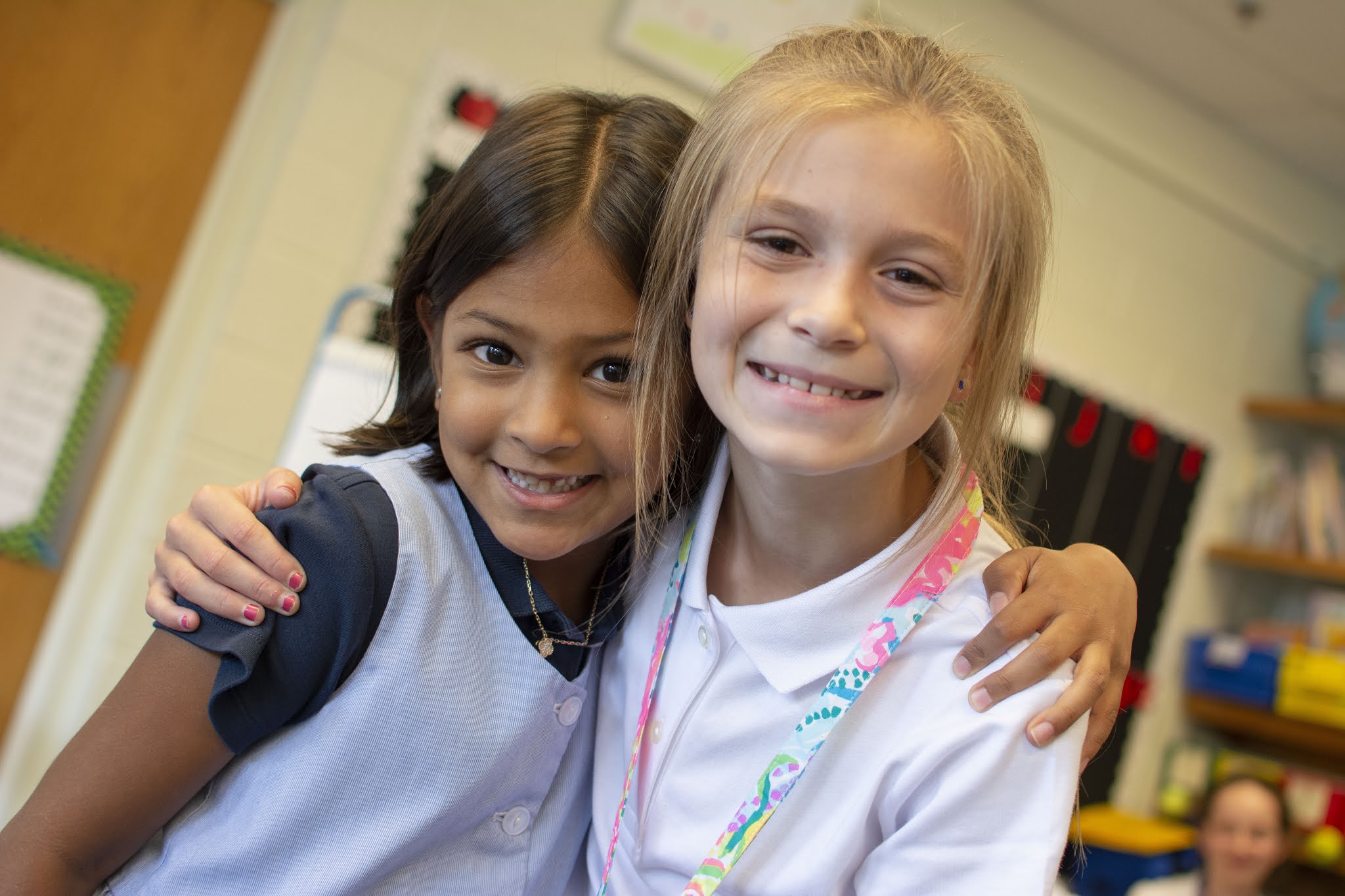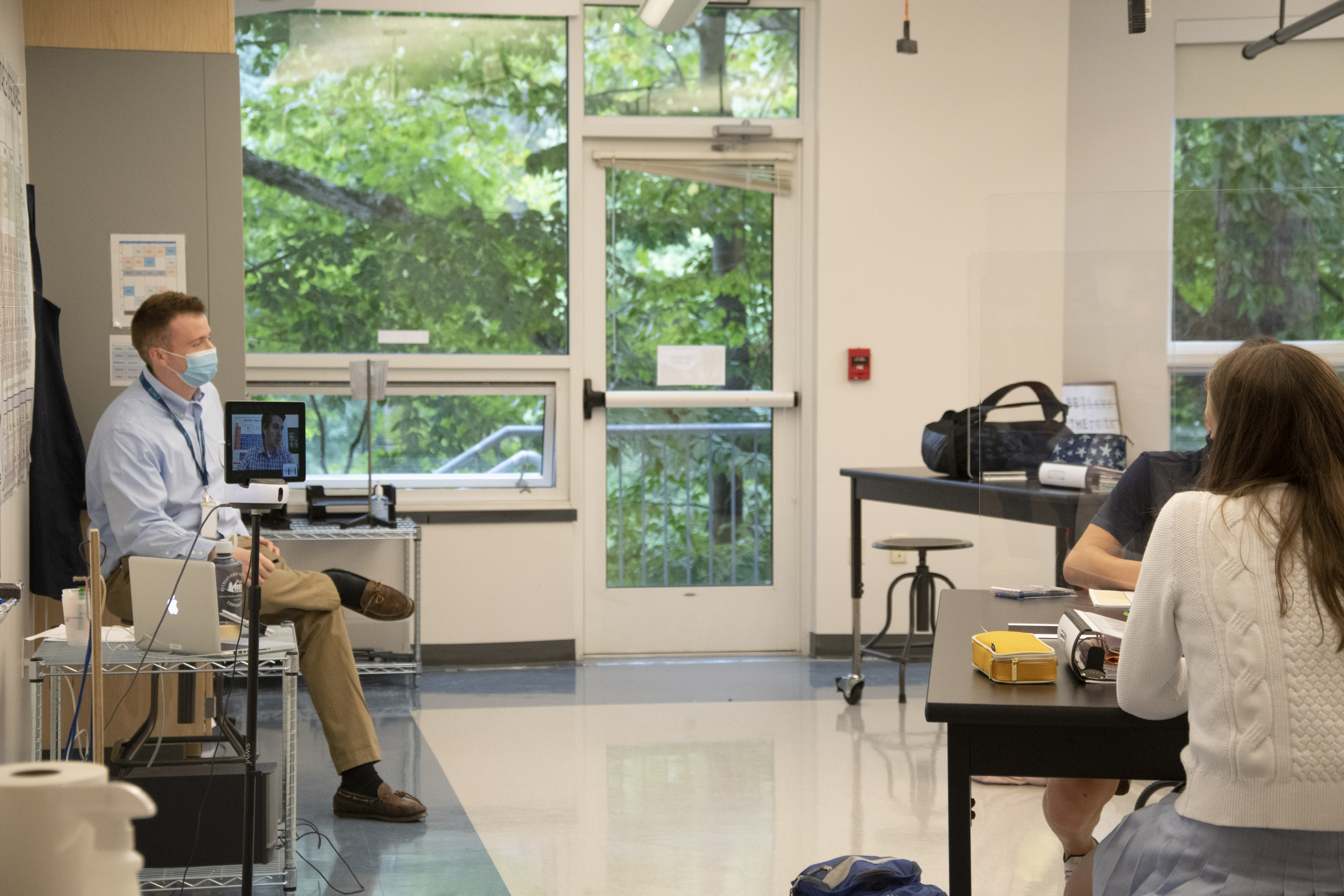One of the hallmarks of a Peck education is the strong parent partnership in support of the students. While this partnership is alive and well all year, it is on full display during our semiannual Parent-Teacher conferences.
Mrs. Albertyn Shares The Books She Couldn't Put Down in 2020
As a personal goal, I strive to read a book a week. This year, that goal has been met with mixed success, but even so, there have been some gems that have crossed my bedside table. I know there are many readers out there, so I thought I’d put together my “2020 Top Ten Page-Turners.”
The question has come from all corners of our school—from faculty, from students, from parents, and from students, again….and again, and again. “Mr. Delinsky, will we still have snow days this year?” The answer is a resounding “yes.” Here at The Peck School, we pledge to still have snow days!
Leading The Linden Through a Unique Year
With Covid-19, this year has been completely different from years past. But as Co-Editors-in-Chief of the Linden yearbook, our experience so far has still been amazing and exciting. Obviously, our responsibilities and opportunities have been limited due to the different grades’ cohorts, but as we progress through the year, we are making it work and adapting to this new situation.
Ideas for Reimagining Your Family's Holiday Traditions
As we look ahead to holidays and cultural events that, in non-Covid times, may have brought together family and friends near and far, we are delighted to hear how families in our community are reimagining traditions to fit the challenges we face today. As one Peck parent astutely noted, “It’s all about building new traditions on top of the old ones.”
The arrival of fall’s cooler breezes marks the start of the admissions season at private schools across the country. For many families, this is a time to begin thinking about the evolving educational needs of your child, and whether there is an option that would provide increased challenge, further breadth of experience, and ultimately an opportunity for your child to reach his or her potential. This is a big question for a family to undertake in a typical year—but during a global pandemic, there may be even more to navigate.
Topics: admissions
As we prepare to embark on the season of gratitude, many of us will be reflecting on all we have to be thankful for. However, gratitude is something we should strive to instill in our children year-round. During this global pandemic, it is easy to get discouraged and caught up in the limitations it has placed on our lives. To counteract this, it is more important now than ever that we work to practice gratitude in our daily lives. A regular gratitude practice is proven to increase dopamine and serotonin, the two neurotransmitters that impact a positive mood. Encouraging children to practice these skills at a young age is essential to their social and emotional wellbeing. Here are four strategies to help you foster a culture of gratitude in your home.
Several years ago, a dear friend from college asked me to tour independent schools with her and her partner as they tried to decide where to apply and ultimately send their four-year-old son to kindergarten in New York City. She did the work to line up tours, sent me brochures in advance, and even bought me an H&H bagel the morning of the first tour to sweeten the deal. I was delighted to dive into three days of back-to-back tours, not simply because it meant quality time with people I adore, but also because as an independent school veteran this was professional development. I was able to scrutinize how schools pitched their programs, articulated their missions, and explained the curriculum. I saw a lot, but it really boiled down to one major takeaway.
When the world was flipped upside down in March and we were all forced into distance learning, all educators had to adapt. Now, with some schools back on campuses in person, teachers are adapting again. But unlike my colleagues at Peck, I continue to teach remotely.
3 Strategies to Practice Mindfulness at Home with Your Kids
Taking a mindful moment seems like it has never been as important as it is now. Mindfulness—an intentional, non-judgmental awareness of the present moment—is a component of Social and Emotional Learning (SEL) that has been shown to improve classroom behavior, an increase in academic achievement, an increased ability to manage stress, and the development of better attitudes about themselves, others and school.
Given these clear benefits, consistency is key in learning and maintaining the beneficial effects of mindfulness practices. At all grade levels at Peck, we utilize the MindUp curriculum to provide specific SEL instruction and opportunities to teach students skills and knowledge to help build empathy, regulate emotions, and build meaningful relationships.
To reinforce these lessons at home, here are a few ways you can incorporate mindfulness practices into your family life:
The 5-4-3-2-1 practice: Bringing everyone back to the present moment is easiest when there is a structured activity. During this practice, each family member states the 5 items they see in their environment, the 4 items they hear, the 3 things they feel, the 2 things they smell, and the 1 thing they taste. Thoughts of the past and the future will dissipate once everyone focuses on their current environment.
Activity = Awareness: It’s crucial to be active and to be mindful of the effects it can have on the body. If your child is feeling frustrated or stressed during a specific situation, ask them to jog in place or do jumping jacks for one minute. At the end of the minute, ask them to hold their hand over their heart and to pay attention to the way their heart is beating and the way their breath feels. By tuning into the way their body feels, children are able to redirect their focus and renew their energy toward the task at hand.
Weather Forecast: Identifying a feeling in different terms can help children understand their emotions. Ask them to draw their emotions as if it was weather. A tornado may be a symbol for a child feeling overwhelmed, while a rainbow might signify excitement. For students of all ages, the identification of their emotions in relation to a different context can be a helpful tool for self-awareness.
Speaking of staying in the present moment, I’d like to take this opportunity to introduce myself and let you all know how thrilled (and mindful) I am to be a member of the faculty at Peck as the new Upper School Psychologist. I am amazed and inspired with the dedication and commitment that I have observed during my short time on campus. I look forward to learning more and meeting your children as the weeks continue, and in the meantime, please do not hesitate to reach out with any questions or concerns.
